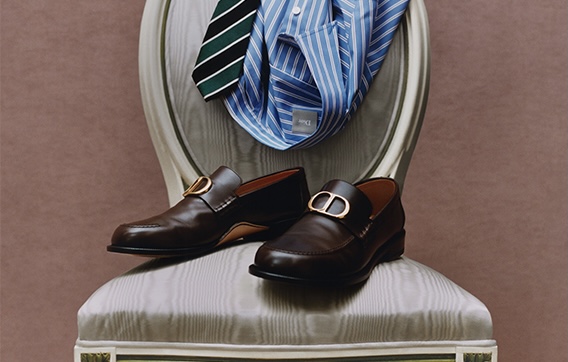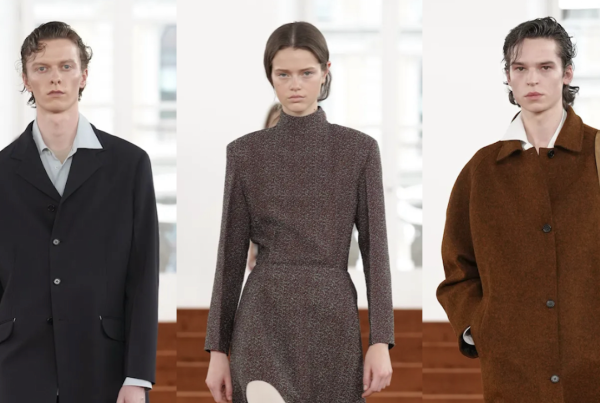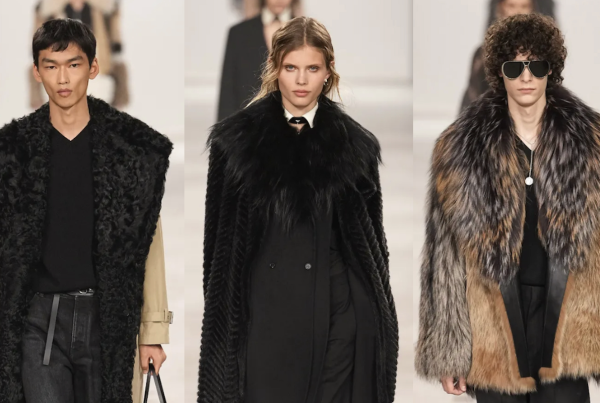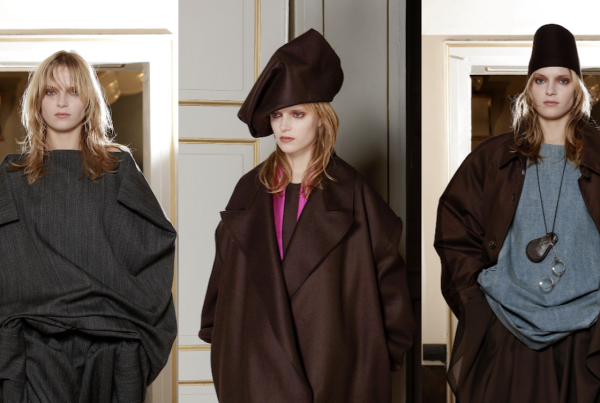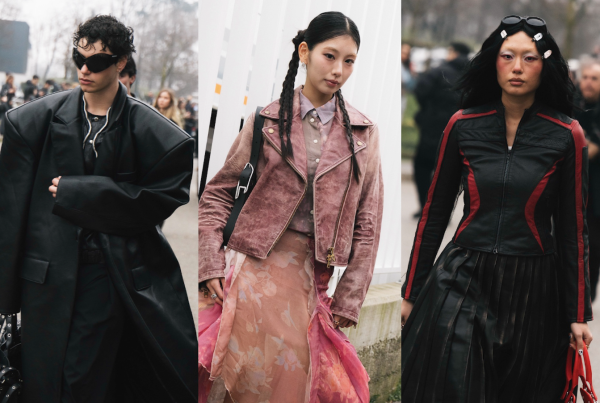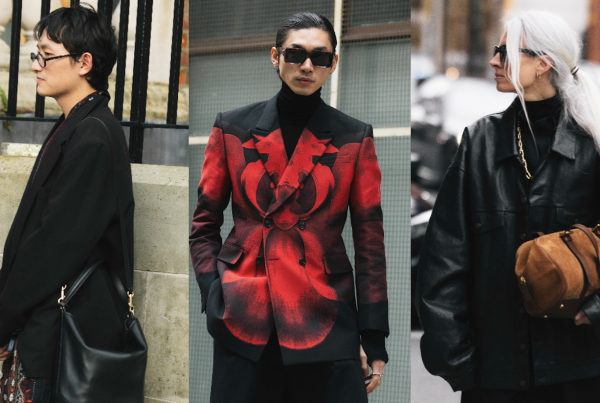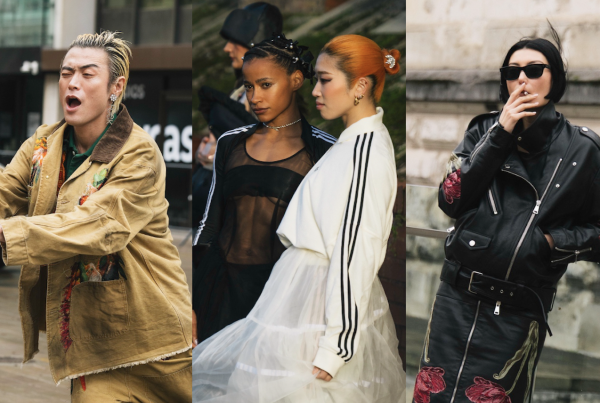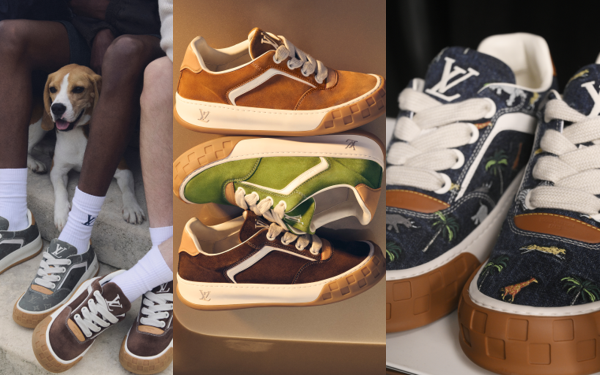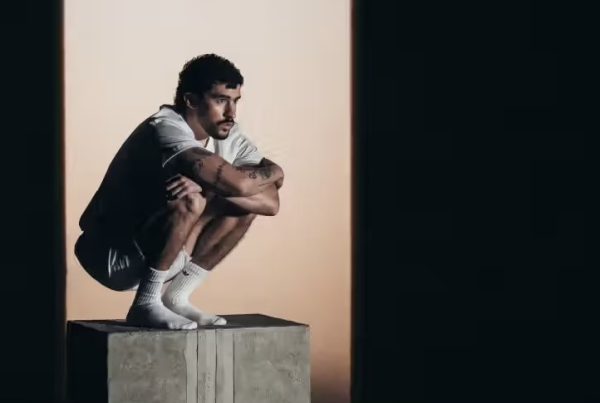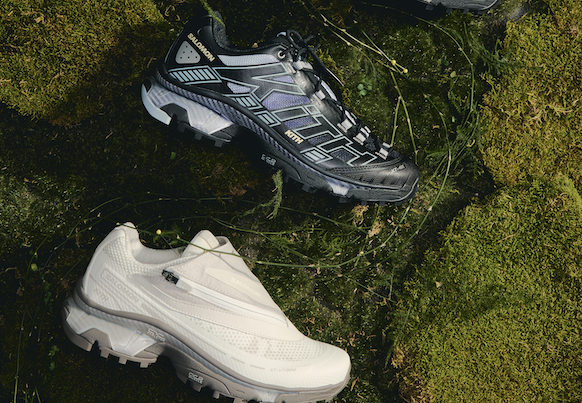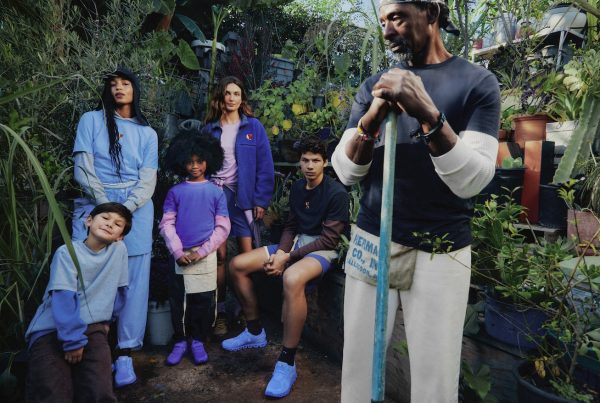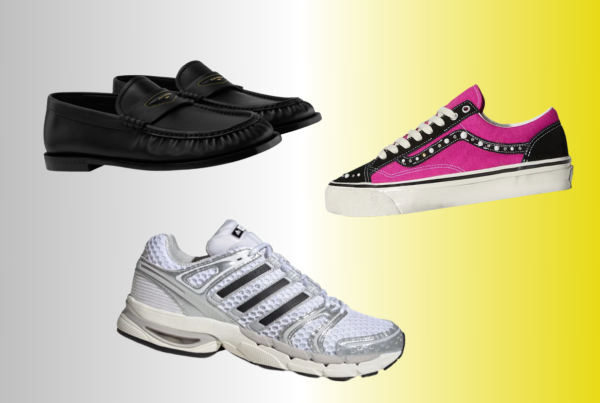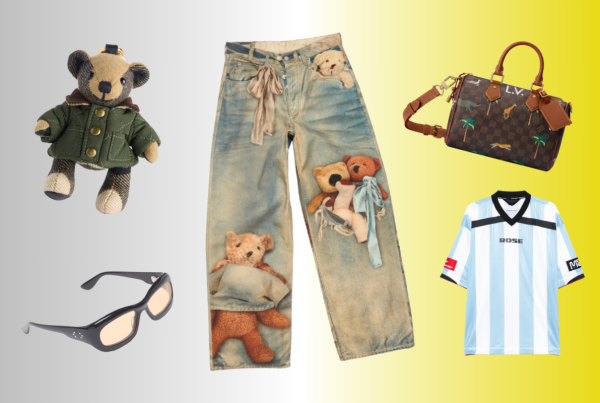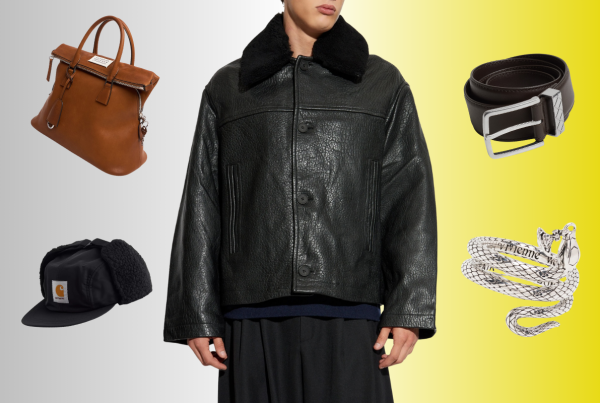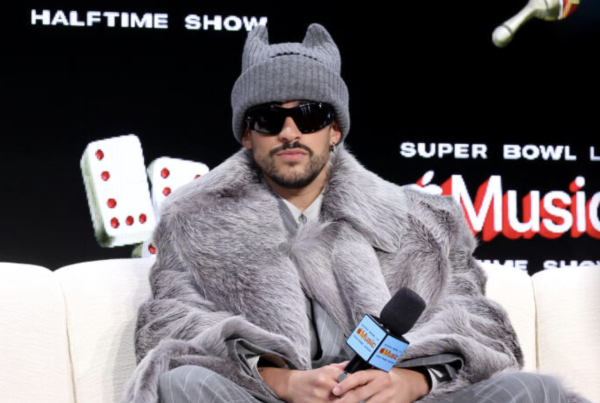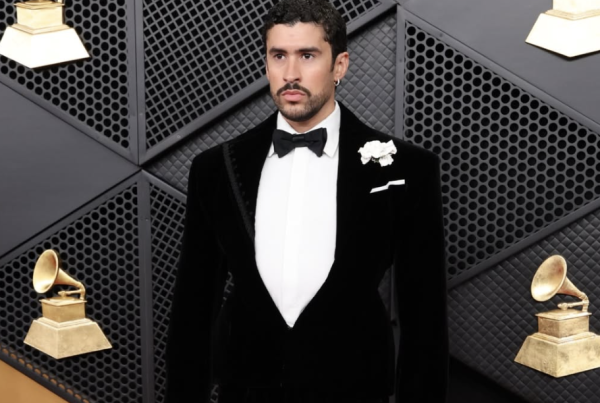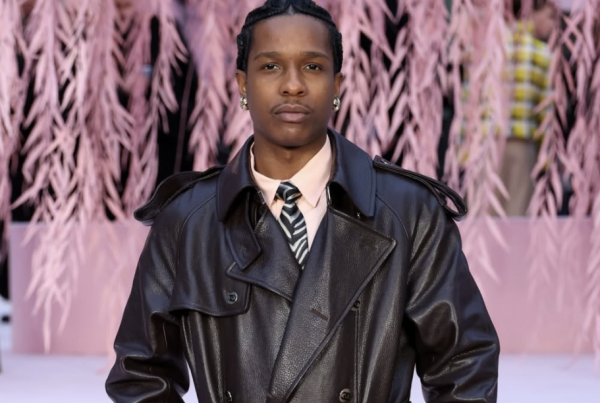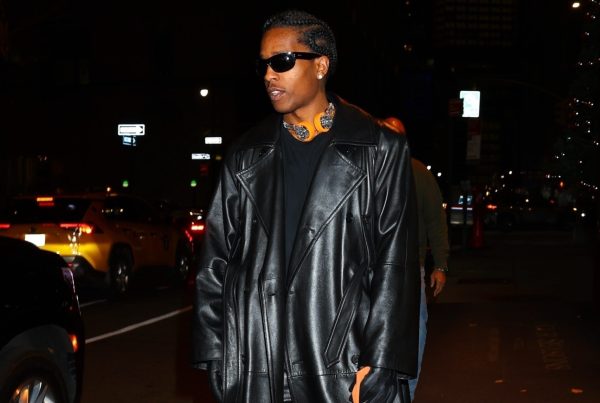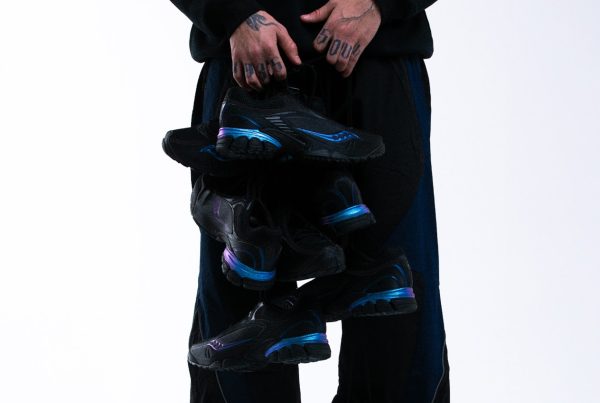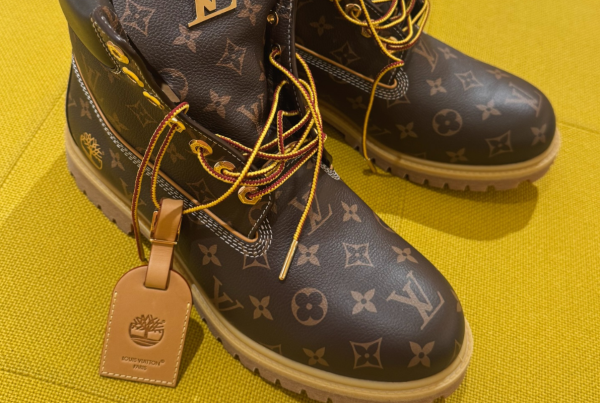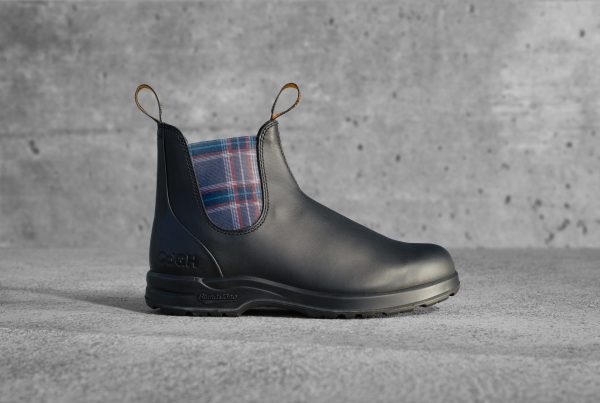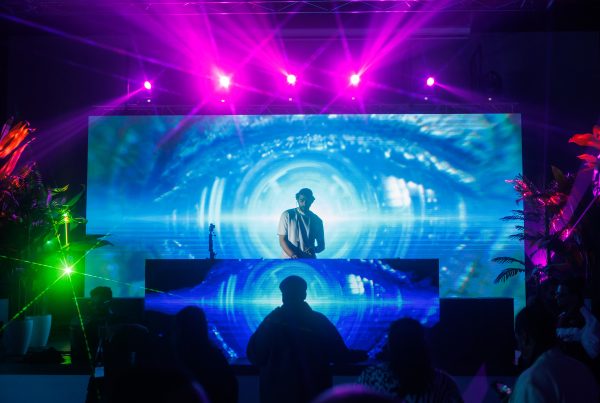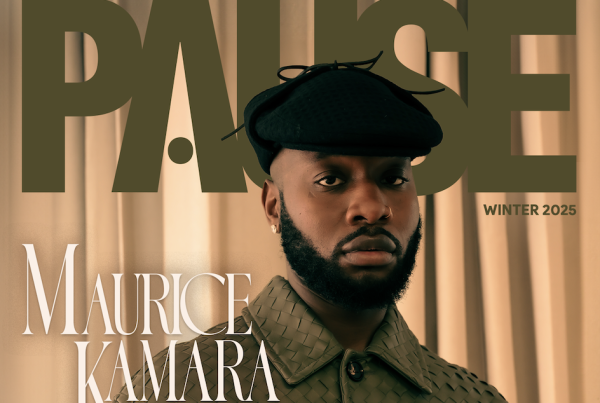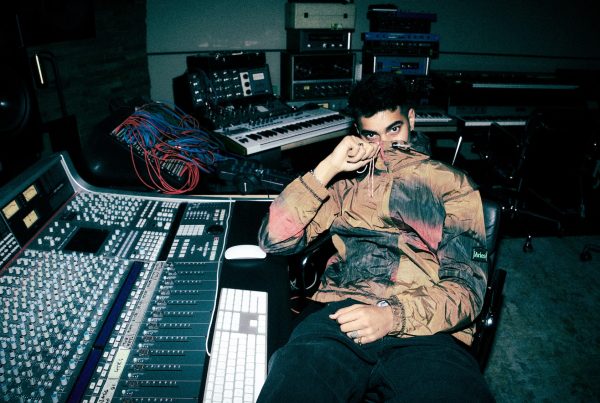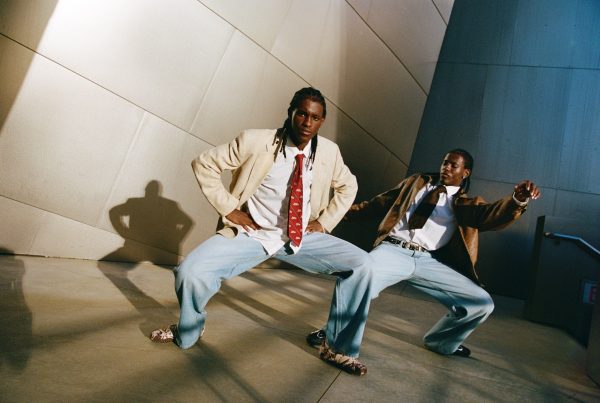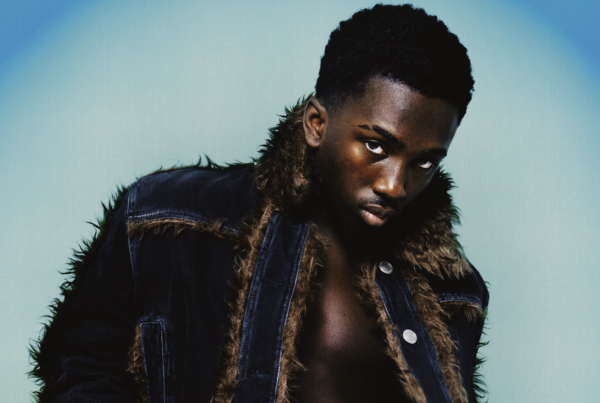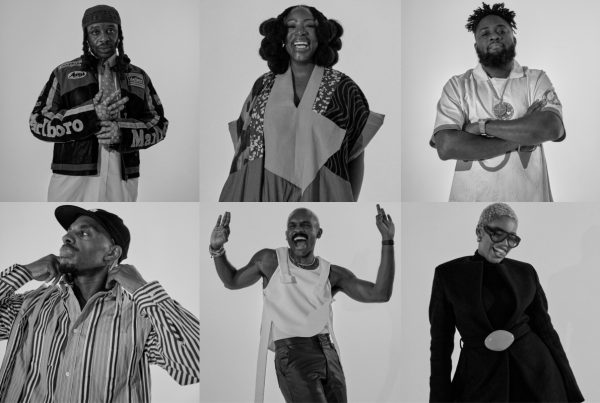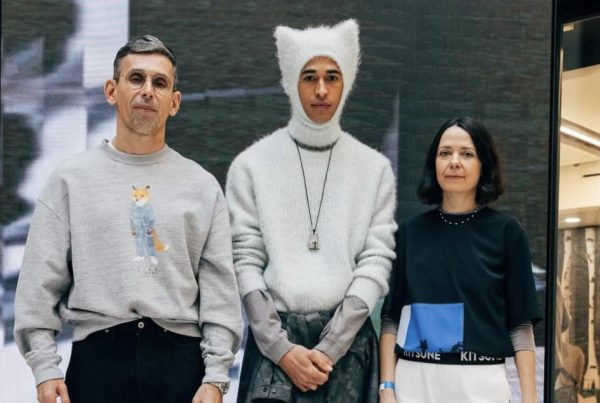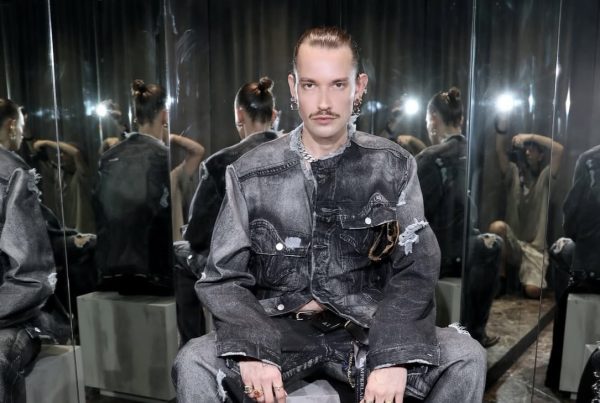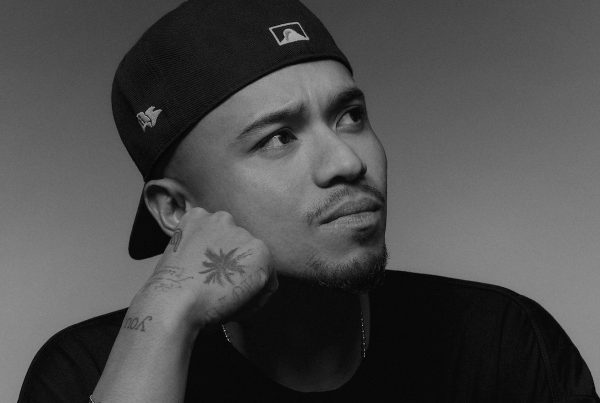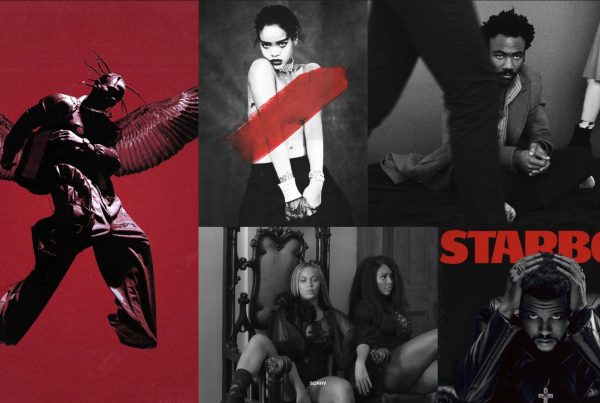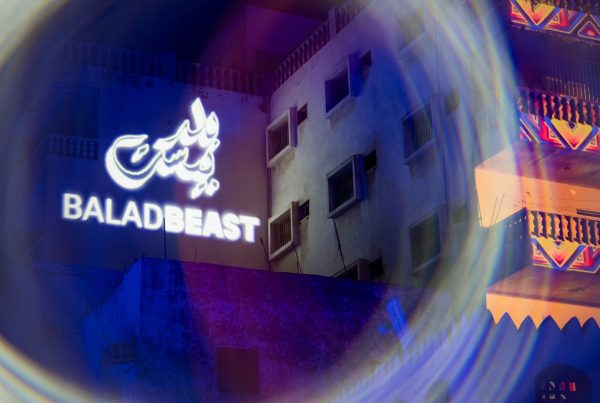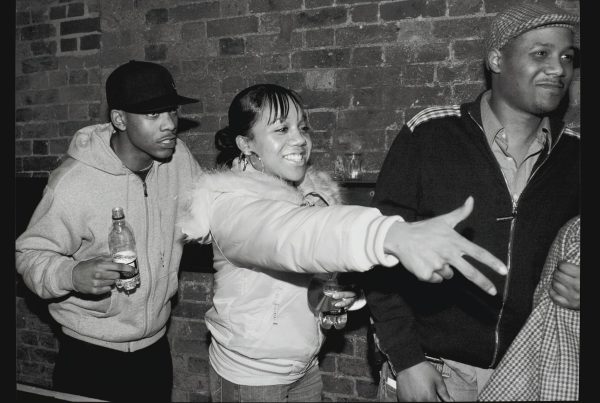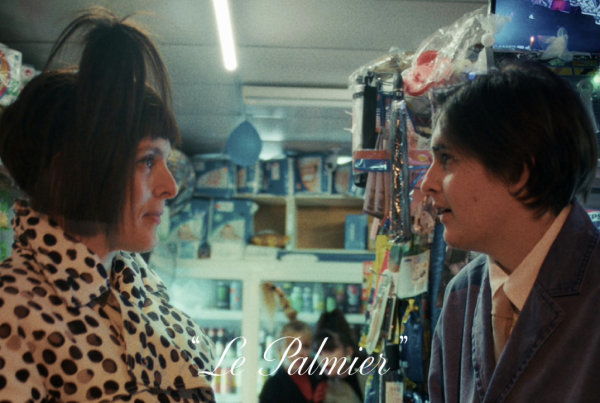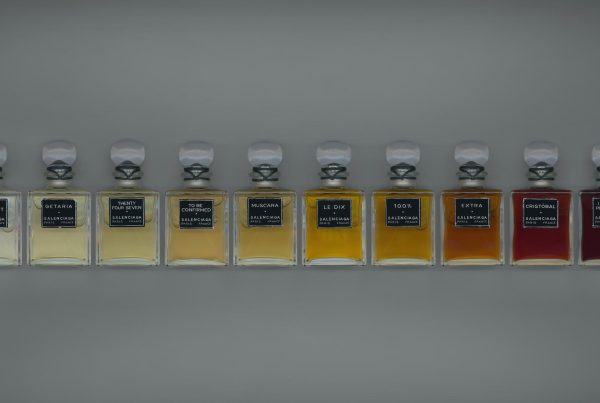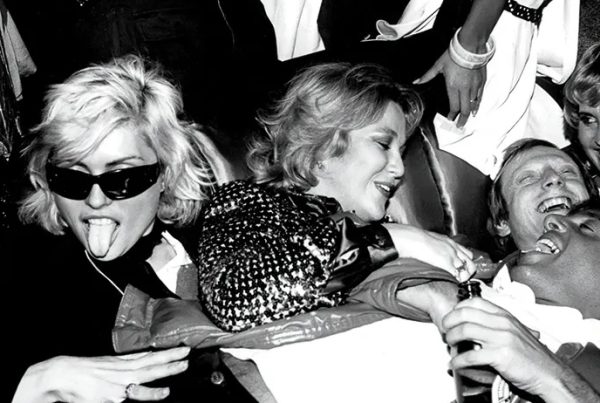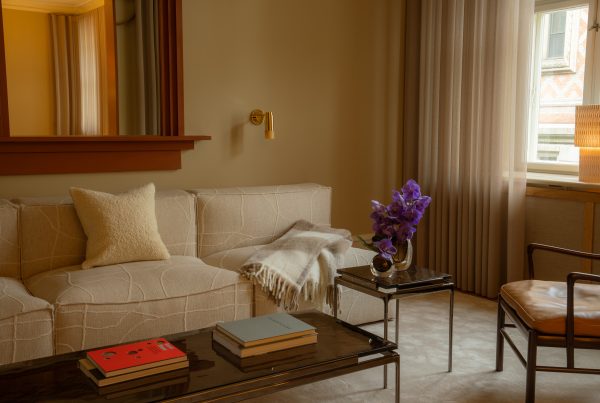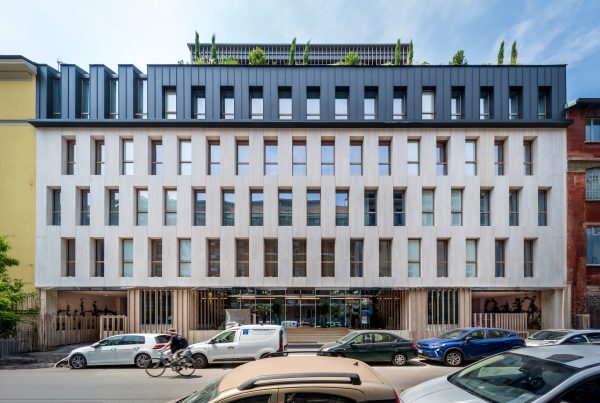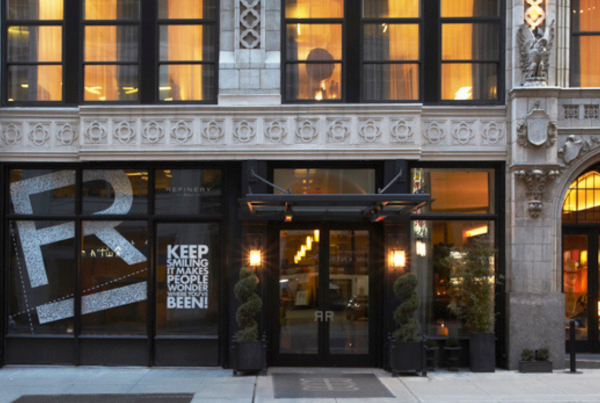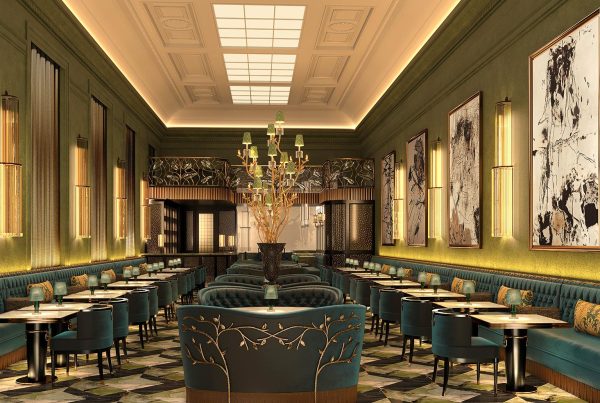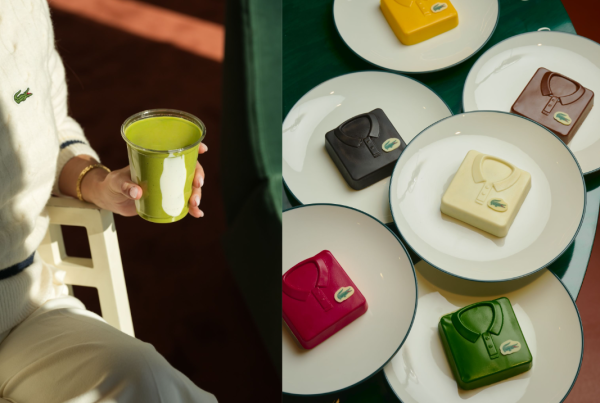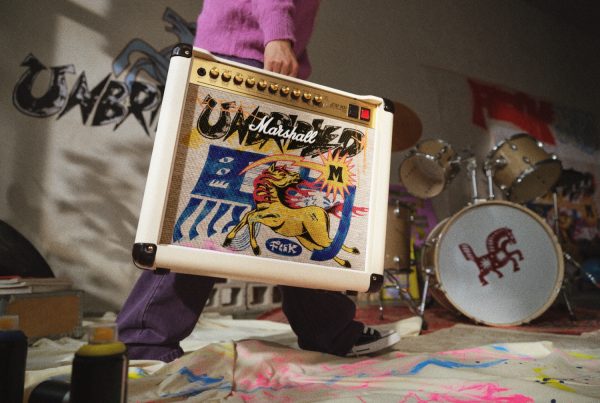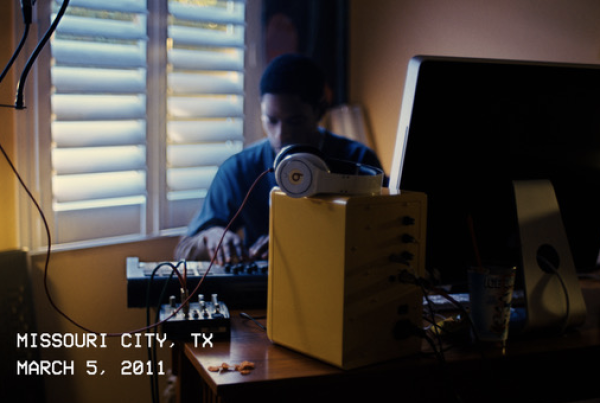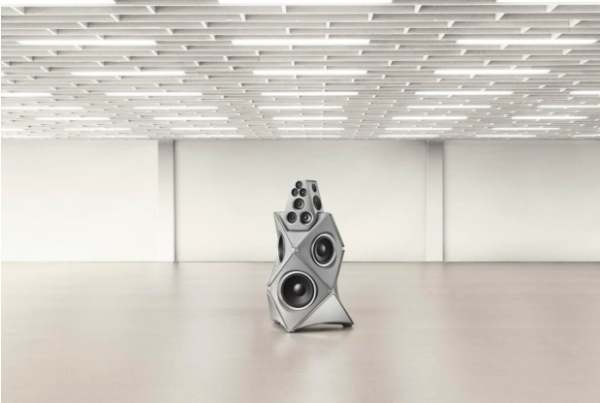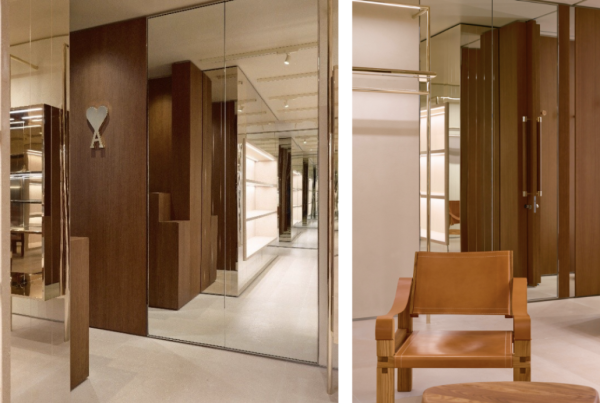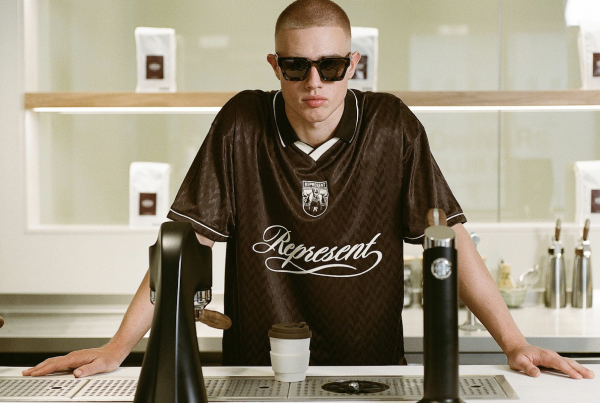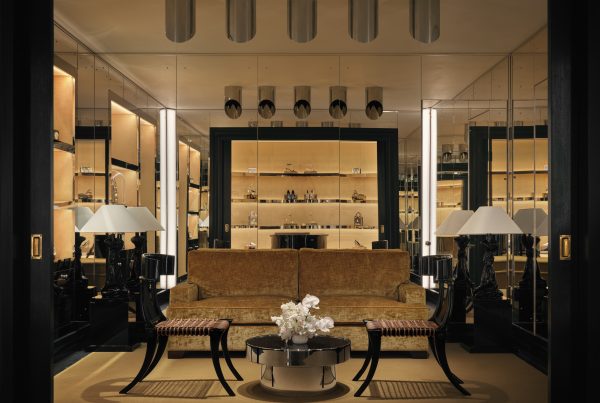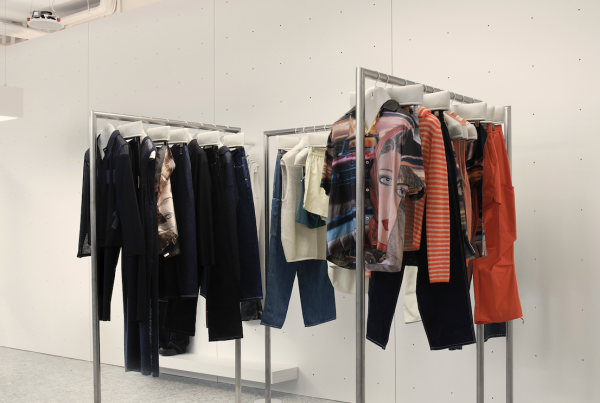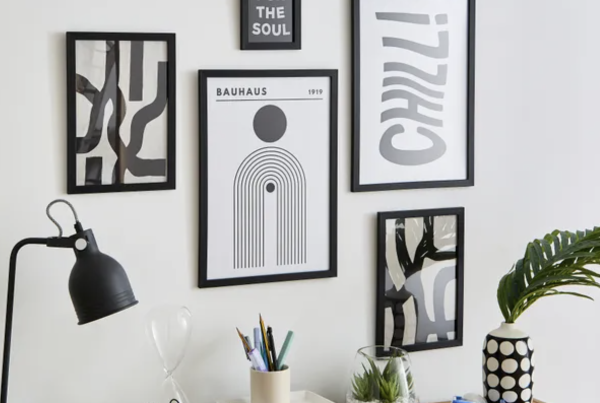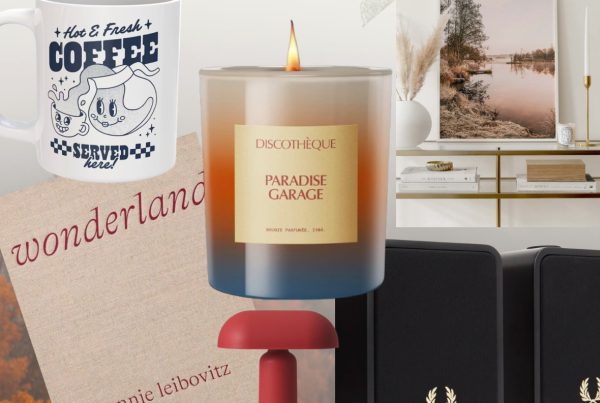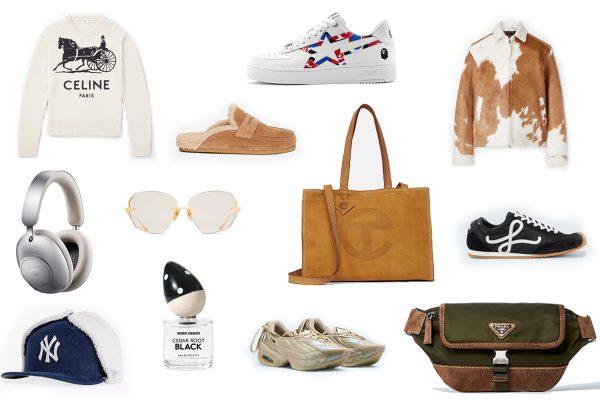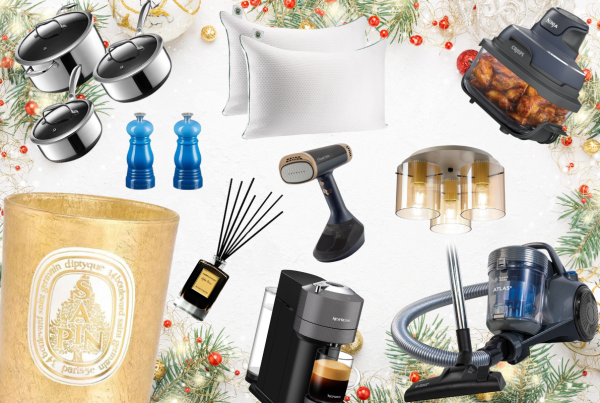HAVANA CLUB X PAUSE MEETS:
GRAMM
Collaborating with Havana Club,
we talk with GRAMM about creativity and success.
Concept: Urban Nerds // @urbannerds
Produced & Edited: Ayshe Zaifoglu // @azcaptures
Directed & Mixed: Louis Lincoln // @louislincoln
Shot: Jed Darlington-Roberts // @jed_dr
Interview: Lynn Moyo // @mongamelii
Photograpy: Ayshe Zaifoglu // @azcaptures
Featuring: AK Williams // @Gramm.
Special thanks to Havana Club
“I’ve got a plan and the plan hasn’t changed from day one.”
While other brands and labels covert social media and the gratification of going viral, Manchester-based streetwear label GRAMM, stands in a lane of its own as a brand that’s worried more about its design than its mainstream appeal.
Founded as an answer to a lack of options in personal style, AK Williams has taken GRAMM from a personal project in his bedroom at his parent’s house to a streetwear label and creative collection that now reaches far beyond Manchester. A cerebral thinker, Williams is driven by his ideals and beliefs, ones that would see him turn down mainstream opportunities that he doesn’t think to align with his brand. With a penchant determination to create to from the soul rather than trends, its no surprise GRAMM has soared to success.
With a heritage born out of Cuban street culture, and a growing following in the UK, Havana Club have launched a program to give a little something back to the scene. By continually collaborating with up- and- coming talent from a variety of disciplines, the rum brand are providing a platform for rising stars to develop their craft. The recent partnership with Jevon is a continuation from their projects with Rapper Skinny Malone & Designer Mia Joseph.
We spoke with GRAMM’s founder AK, see what he had to say below:

Starting from the beginning, what sparked your interest in fashion?
AK: I wouldn’t say I’ve got an interest in fashion. I more started making clothes for myself because I wasn’t happy with what was out there, so I used to look in shops and other places but I wasn’t inspired by anything. So I just thought I’d move away from consumerism like that, for like a year or two years I only wore a white t-shirt and tracksuit bottoms. I have never really been into branded clothing, so my interest in fashion; I wouldn’t say it’s there but I do like clothes but I wouldn’t say I’m into the whole fashion culture and the fashion scene, to be honest.
So because you couldn’t find the stuff you wanted in-store, you figured you’d make it yourself?
AK: Yup. And my intention wasn’t to then start a business on the back of that, that was just for me personally.
How did it then get to a point where making clothes was your business?
AK: It just grew I think, through my friends and through people buying stuff. I was quite active in the local community at the time, and my friends were running music events and nights and I was pretty much out all the time at that point. And I think just being out and wearing your own stuff people will ask questions and take an interest. So it just snowballed from there really, before you knew it more orders were coming in and I have to start looking at moving it out of my bedroom at my mum house and have to find an office and stuff like that.
Did it happen quickly?
AK: Because I hadn’t set out to start a business and it was always a hobby, so as a hobby it’s been going on for around five years but as an actual business we’ve been going for two years. So there was a long time of me just literally making like ten t-shirts and selling them to friends and giving half of them away, not making any profits or anything like that, but then I got to the stage where I thought I need to start taking this seriously because If I throw it away I’ll be annoyed because I realised I’d actually but quite a lot of work in [laugh]. So I’d probably say over the last two years, that’s where things have started to take off slowly but it has been a graft.
That’s story isn’t one that’s uncommon. Everyone dreams of turning their passions into a business one day. What were you doing before this all started? Away from making clothes.
AK: Not the right thing. A lot of rubbish things. I was heavily involved in sports, obviously, I wanted to be a footballer but I just knew from the get-go I did not want to work in an office and my dad’s a builder so I was probably going to down that route because I’d prefer to be doing something with my hands rather than be set down.
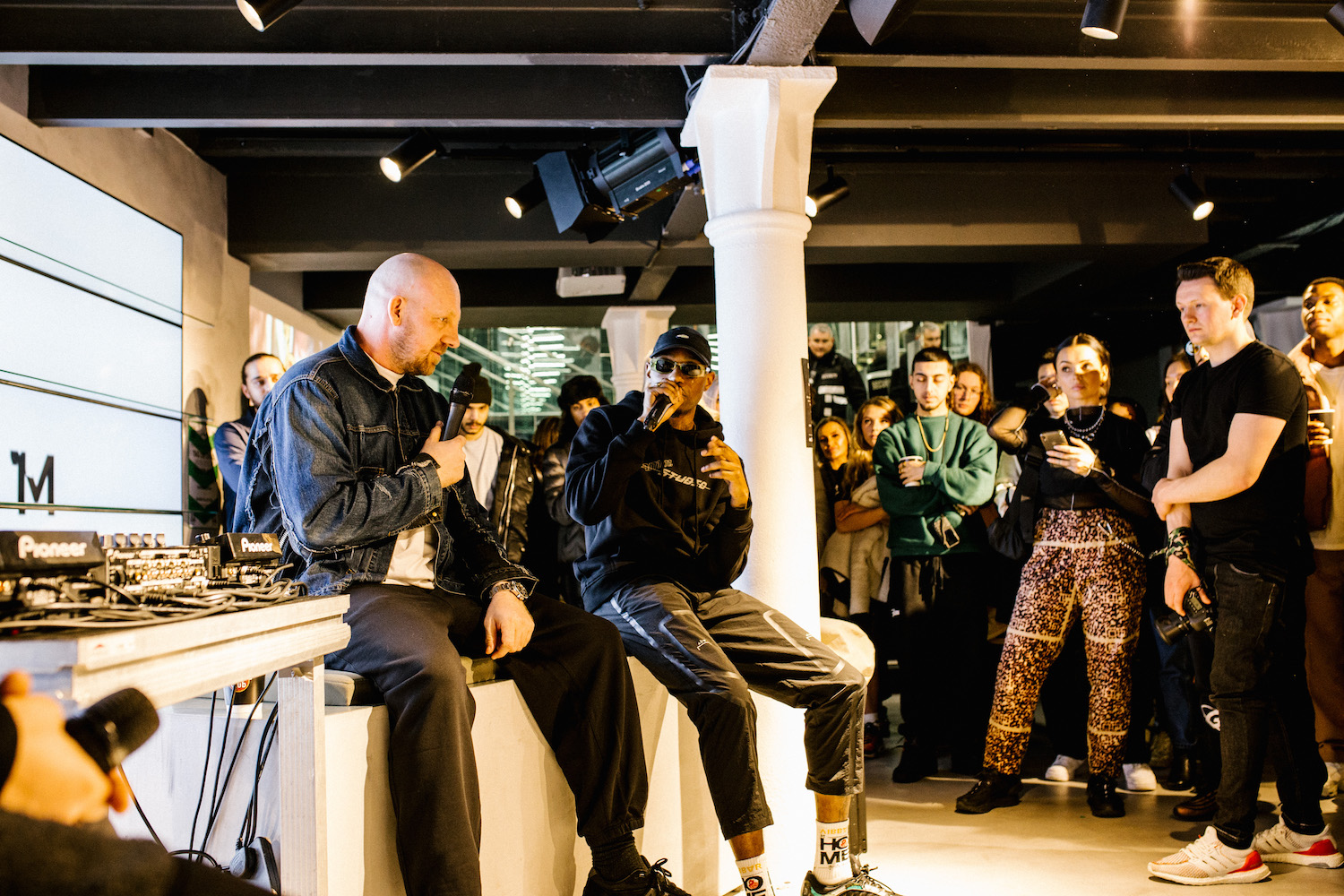
And If you could go back now and tell yourself one thing before starting GRAMM, what would you say?
AK: It will get harder [laughs]. It ain’t going to kill you but it will get harder. And just know that once you get through it, it becomes a lot easier but you will get harder tasks.
I just think for me it was learning how to bounce back a lot because everything was new to me, and every single day, I mean, I’m still learning now. So for me, I’d say ‘It will get harder and work harder.’
What would you say is the DNA of GRAMM?
AK: Well when I started the brand and I had the idea, it was to bring together like-minded people, it was never supposed to be a fashion brand, it was always going to form into a lifestyle brand that has several different arms which would be covering everything cool in society; so parties, sports, clothes, music, podcasts. It was always meant to be a platform for other people, especially people in my own city to showcase what they could do as well because at that time there wasn’t anything happening in Manchester. There was a lot of talented people but there wasn’t an outlet for us and there wasn’t really a platform for us to get on, there wasn’t a scene, there wasn’t a website or anything really. People were still talking about Stone Roses and Oasis, and things from years ago but at that time there was a completely different wave of everything in Manchester, whether it be musicians, artists or creatives. Like even with photographers, there’s a whole different wave now across the board and together I wanted to start a business to bring everyone together because I had a lot of friends who were dead talented but were crap at marketing themselves, and I’m not saying I was the best guy to do it but I thought you know what, let’s just try it for a bit and see what happens, and it’s slowly just progressed. So I think the DNA would be that it’s very much a community brand, we are always trying to bring people together whether it be through a passion for sport or music, and I think that is our key ethos. Even with models that we’ve shot in the past, we don’t use models who are signed to agencies, we try to use new faces who haven’t shot anywhere else before and that’s another way we try to put people on. Anywhere that we can help someone, especially if they’re from Manchester we try and do something. But definitely community and bringing people together is one of the main things of the brand.
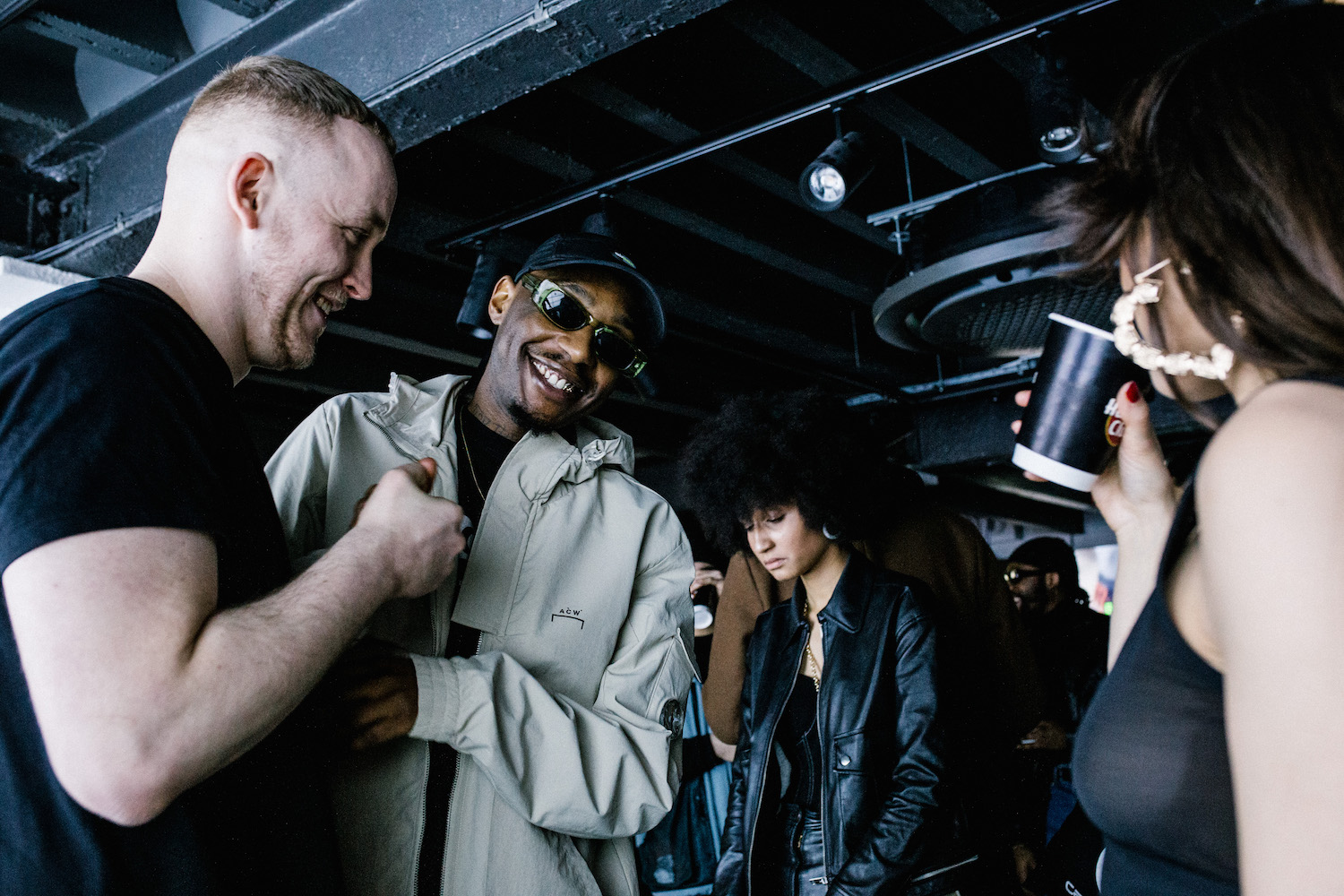
To be honest, it’s pretty clear when looking at your Instagram, you do get a ‘this is family’ vibe. What do you think it is about GRAMM that makes it stand? Especially in a climate where if you go on your Instagram explore page you’re greeted with ten thousand images of different brands and clothing lines.
AK: I think its the authenticity of it. I think the industry is such saturated with a lot of jokers [laughs]. I think because we never set out to be like anyone else’s brand, I don’t study brands, I don’t watch catwalks and I’m not trying to keep up with the latest drops – not because I feel like I don’t need to, but a lot of that stuff doesn’t really entertain me and I’d rather put my time and my efforts into other things within our brand. I think what separates gram is, because we try and bring people together, you start to create a community of like-minded people. It’s almost like that saying ‘real recognises real’ but we do things that people can relate to, whether it’s slogans in our t-shirts or imagery that people can relate to. And I think we’ve always kept as strong on the branding, we’ve never strayed away from our branding so even the colour green that we use, people now associate green with GRAMM. But we’ve always had the same plans from the start of how we wanted to brand the business and we never really wanted to be too big too quickly, we had a lot of offers from big stores and big artists to work with but we turned them down and took the slow route for a long time because we didn’t want to rubbish the integrity of the brand and we were trying to build. We knew we start off slow but we also knew that once we built it, it would be built on a very solid foundation. I feel like a lot of people try and go viral overnight these days but I don’t want to go viral, I want to build something.
And looking back at those deals or partnerships that you turned down – do think that was a good move or are there some you often think about and think ‘ah we should have taken that one’?
AK: No, not really. Because I would probably be in the same position, if not worse. Because I have turned down certain deals and then got other deals from doing that. And I think because we are now, if not, the most authentic brand in Manchester, that’s taken us a while to get there but now people want to come to us and use for creative projects because they know that they’re going to get a seal of authenticity on their product which is very hard to get. I wouldn’t change anything that I’ve done so far, I don’t think.
That’s commendable. Speaking of going viral, we’re in a social media era. You started before social media became the norm and the necessity for brands and consumers alike. How has designing and creating clothes changed for you, and how much does social media play a part in that?
AK: Do you know, I wouldn’t say it’s affected me in my designs, how I make clothes or my thought process. I think what is has changed is that consumers now want everything like, yesterday, it has to be fast. Like ‘you haven’t dropped any new clothes in two months! I wear the clothes! Why haven’t you dropped anything?!’ And it’s created like this ‘gimme gimme gimme,’ ‘now now now’ sort of consumerism which for a business you can either give in to that straight away and feel like you need to give your customers x amount of product per month and end up over saturating yourself and to do that and maintain that is very hard. So the minute you stop doing that, stop giving your clients new clothes every month they’re going to be like ‘right, we’re going somewhere else,’ but if you let them know from early that ‘this is the brand, this is how we drop stuff, and this is the way it’s going to work,’ you have just have to get it across from early on. So there are times we get questions on the website like ‘oh why have not you dropped anything?’ And it’s like ‘Because we are working on also building the brand and making better quality products!’ There’s a lot of things that go on behind the scene rather than just printing tees, so I wouldn’t say design methods have changed it’s just social media has created this ‘gimme gimme gimme,’ attitude but we do try and stay away from that.
But also social media is great from another side like our following has grown and social media is like your shop front pretty much now, people find your Instagram before they find your website so for us, we look at it in two ways; if we didn’t have Instagram we probably wouldn’t be here, we’d be known in the city but we wouldn’t be known outside of it, so it’s a double-edged sword.
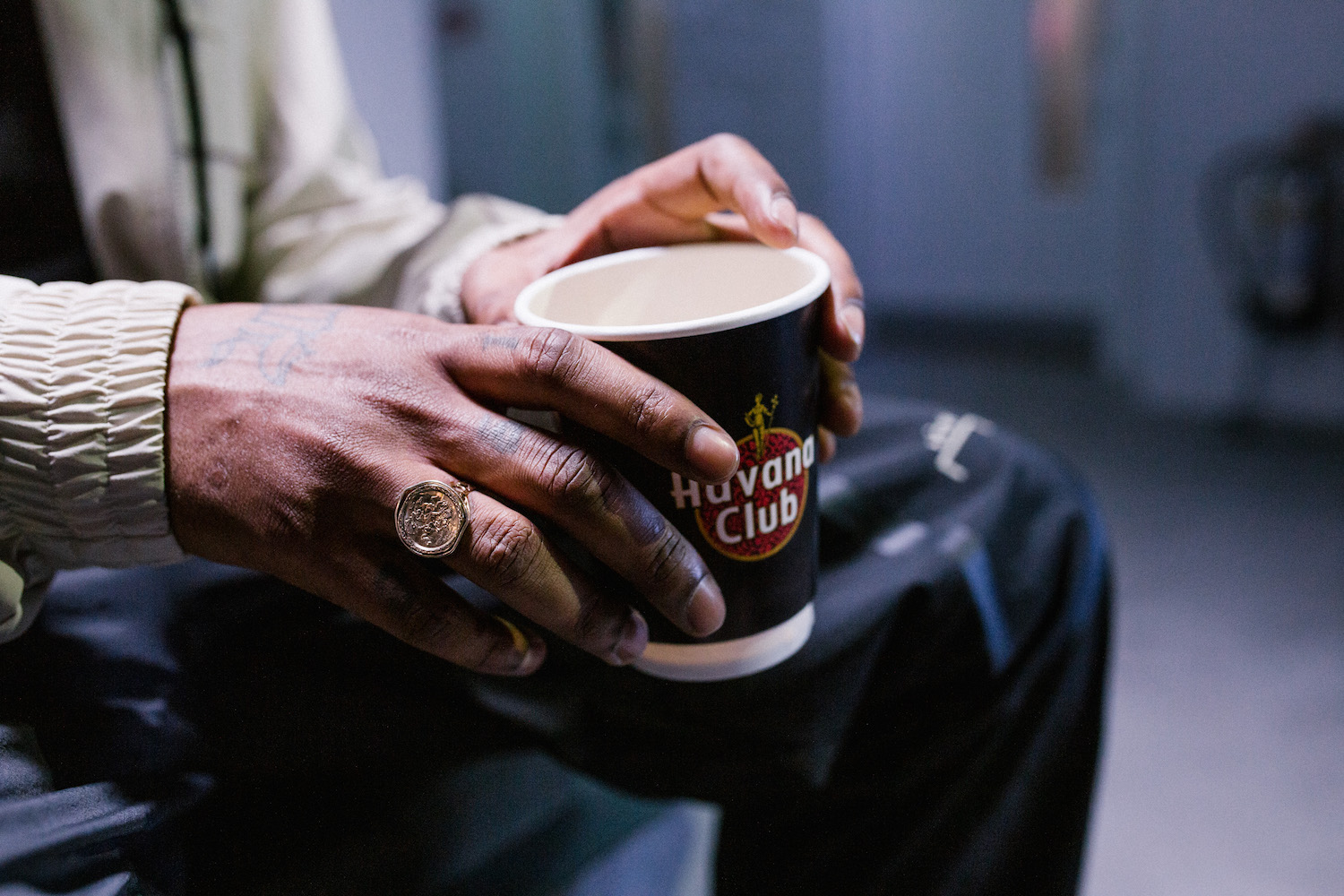
With that being said, how do you stay creative and deal with the pressure of having to always better yourself creatively?
AK: To keep me creative, I have to be around creative people, so that helps a lot. But when it comes to designs I’m not too fussed but I think having a creative energy and creative conversations with people helps a lot.
And you don’t feel any pressures with social media?
AK: Not really, there are always pressures in business-like thinking am I going to be able to get my collections out on time but with social media, I think if I didn’t have GRAMM I don’t think I would be on social media, I have to use it because it’s a major tool of the business but I think if you see it for what it is, you don’t let it affect you, it’s only when you get sucked into it that it can be a problem, forcing you to do things you didn’t want to do or making designs you didn’t want to do because you’ve gone onto someone else’s Instagram and they’ve done something similar and they’ve got fifty-thousands likes and you’re thinking they must have the formula because if they’re doing that then I have to do that because they’re getting all this love. But it’s not like that, you should see stuff, appreciate it and keep it moving and stick to your own plan.
Definitely, and I think that’s a great message because it’s so easy to get drawn into somebodies lifestyle on social media. But where do you get the confidence from, to do your own thing, and put your designs out into the world for everyone to critique?
AK: I don’t know. I’ve got a plan and the plan hasn’t changed from day one. I don’t think I’ll ever deviate away from the plan, and I don’t see GRAMM being this business that’s huge, global with fifteen million followers. That’s not what I want for the brand if that makes sense.
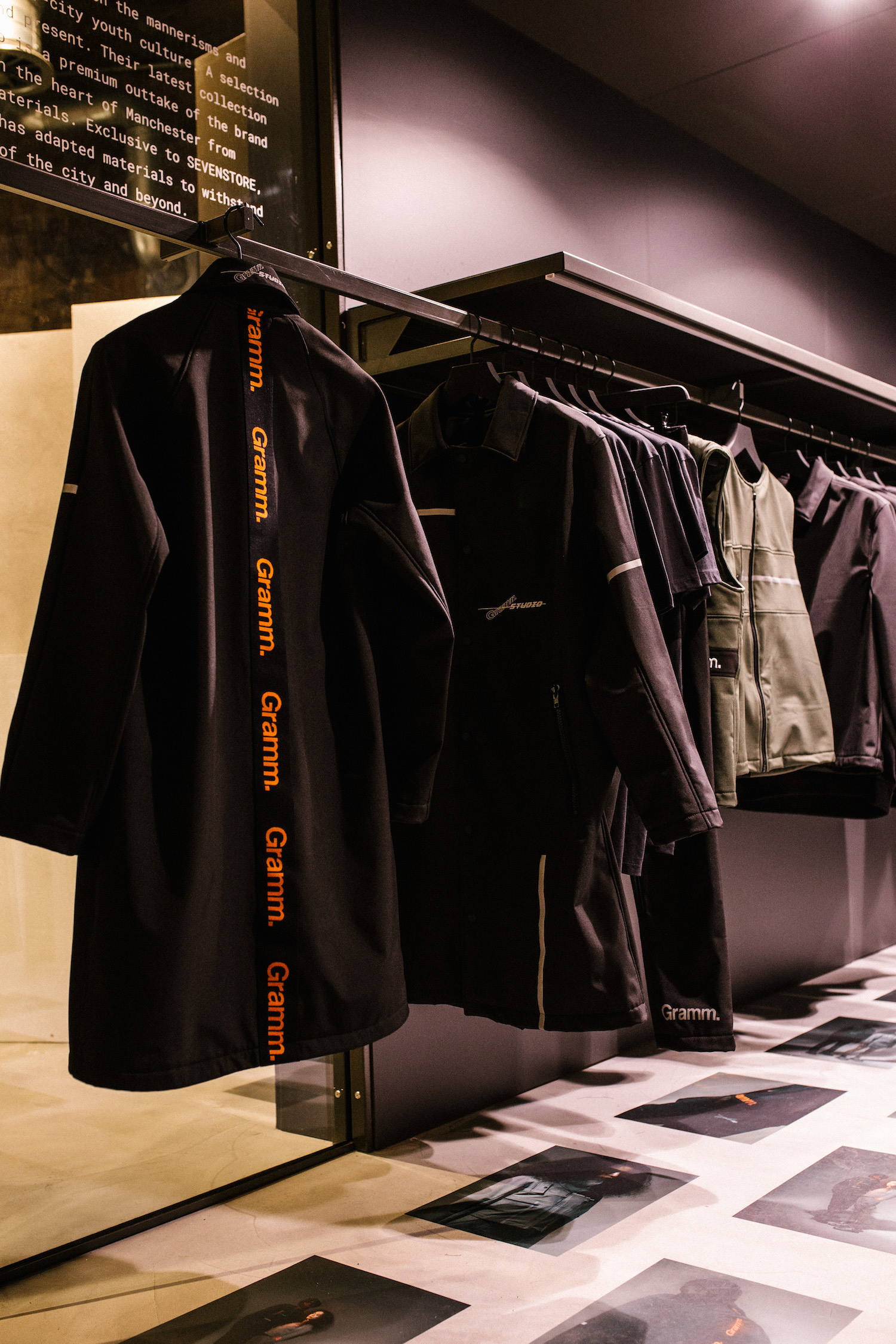
You don’t want that?
AK: No. No-no-no. It might not make sense but I’d rather build a tight-knit community, especially in this day and age of consumers and consumerism, people are very fickle and very trend-driven and very hype-driven. There are brands that I know that have say, fifteen thousand followers, have been operating for the last ten to fifteen years and they turn over millions a year because they have a loyal fan-base and a loyal community of people. Likewise, there are brands that I know that have forty or fifty thousand followers and they turnover just a couple thousand because they were at one point hype or a trend, and I’m trying to stay away from that, and that’s why I wouldn’t want to go viral.
That’s interesting to hear, especially in this day and age, to hear someone kind of fight off fame and success, and a viral moment is refreshing.
AK: I think that’s just me as a person. I’m not trying to be the face of my brand, I know I have to to a certain extent, but I’m not one for the limelight or doing this and doing that, and I feel like that transcends into my brand.
So if there was one room with a hundred people, and another room with a thousand people who kind of liked your brand but weren’t crazy about it – you’d take the room with the hundred people?
AK: Yeah, I’d rather have the room with the hundred and if there was ten super guys in there, I’d just take those ten [laughs] because those guys are going to promote the brand better than I ever will, they’ll tell their friends about it especially when you have that connection with them. There’s a massive black hole between most brands and consumers, it’s like they’re so removed from the people who are buying their clothes and when you are consumers, you want to know what you’re buying into, so if you build those close relations with people, I think it will benefit you in the future. There’s still no better promotion than word of mouth.
Having a brand like Havana Club supporting you, what does that do for your designs, what does it do for GRAMM and the business?
AK: For me, it’s a nice personal win because there was a time when we couldn’t get a drink [laughs] so to have Havana Club knocking on the door, it’s very nice. But what I like about Havana is the fact that they’ve worked with other brands who I look up to, who also have that same community vibe and what they do for their locals, brands like Places + Faces and Ciesey who I love and what he’s done starting something off Tumblr and now he’s got thousands of people across the world and he’s started a whole new culture and took it around the world from London. So for Havana Club to come to me and also put me in the same bracket, I’m not saying I’m in the same category as those guys but to put me in the same conversation as those guys are sick. Very sick.
Being that you’re someone who hasn’t studied fashion, but carved out a career for yourself. What would you tell someone who was looking to do the same thing?
AK: Do it for the right reasons. Don’t do it to be fame, don’t do it to get rich overnight. Don’t do it for the limelight or girls or any sort of superficial stuff, because once you start running the business you are going to realise that you’re not going to get that [laughs].
What? There’s no girls in designing and fashion? [laughs]
AK: They didn’t come overnight, trust me! [laughs] All I’m trying to say is you should start it for the right reasons because if you do it for the wrong one you’ll realise that it’s a graft and you’re not going to get all these things overnight and you’ll end up packing it in and realise you’ve wasted a year or two years of your life. Plus your heart is not really going to be in it, so you want to start it for the right reasons. Go for it, but just be ready for the ups and downs because you’re going to get them, just got to be ready for anything.
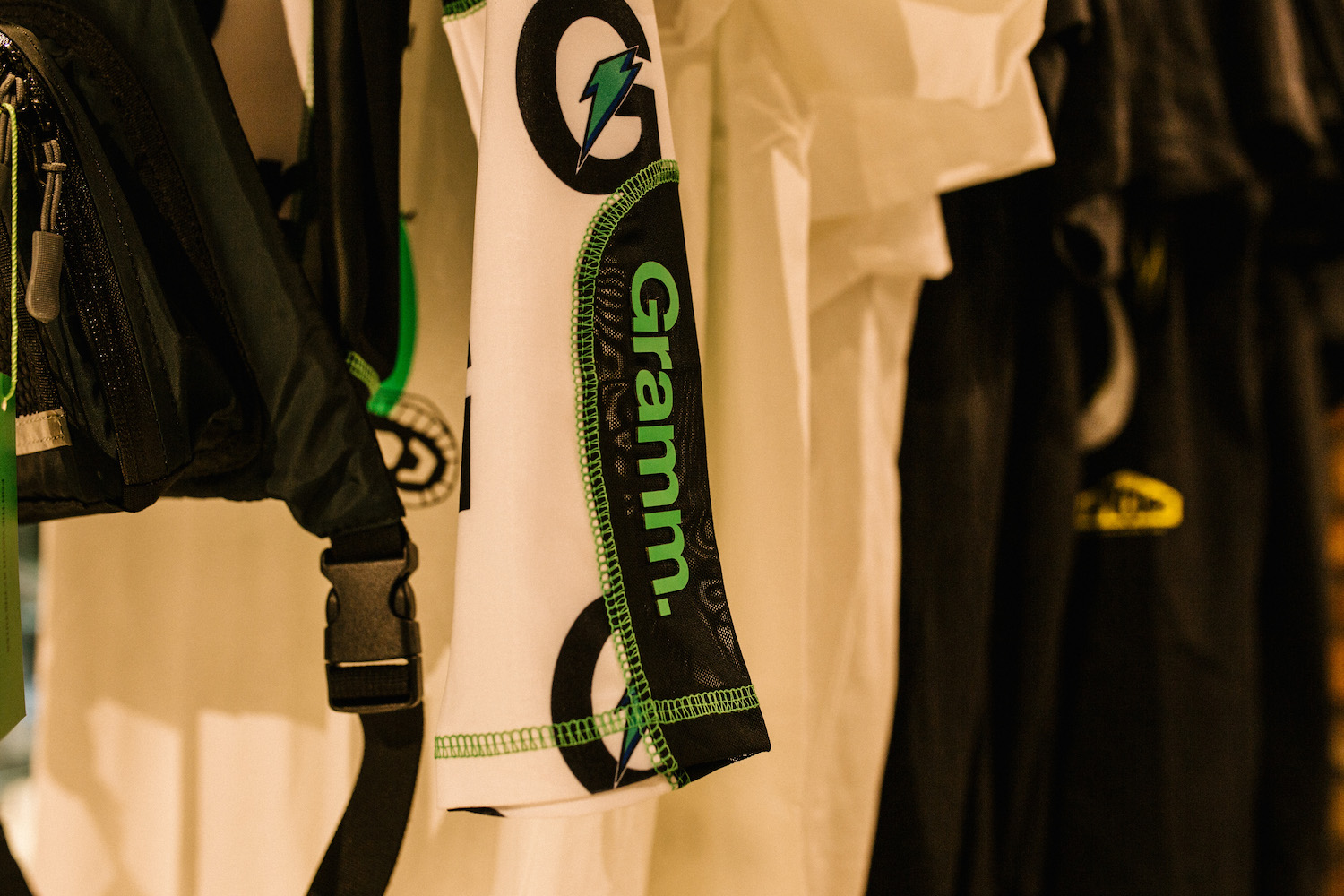
And the age-old question. What is next?
AK: Well we’ve got this new studio collection and we now have a club night on Saturdays in Manchester, and we’re going to go back to Paris Fashion Week this summer and showcase our new collection. Paris is our second biggest audience so it makes sense to go over there.
Follow GRAMM on Instagram


